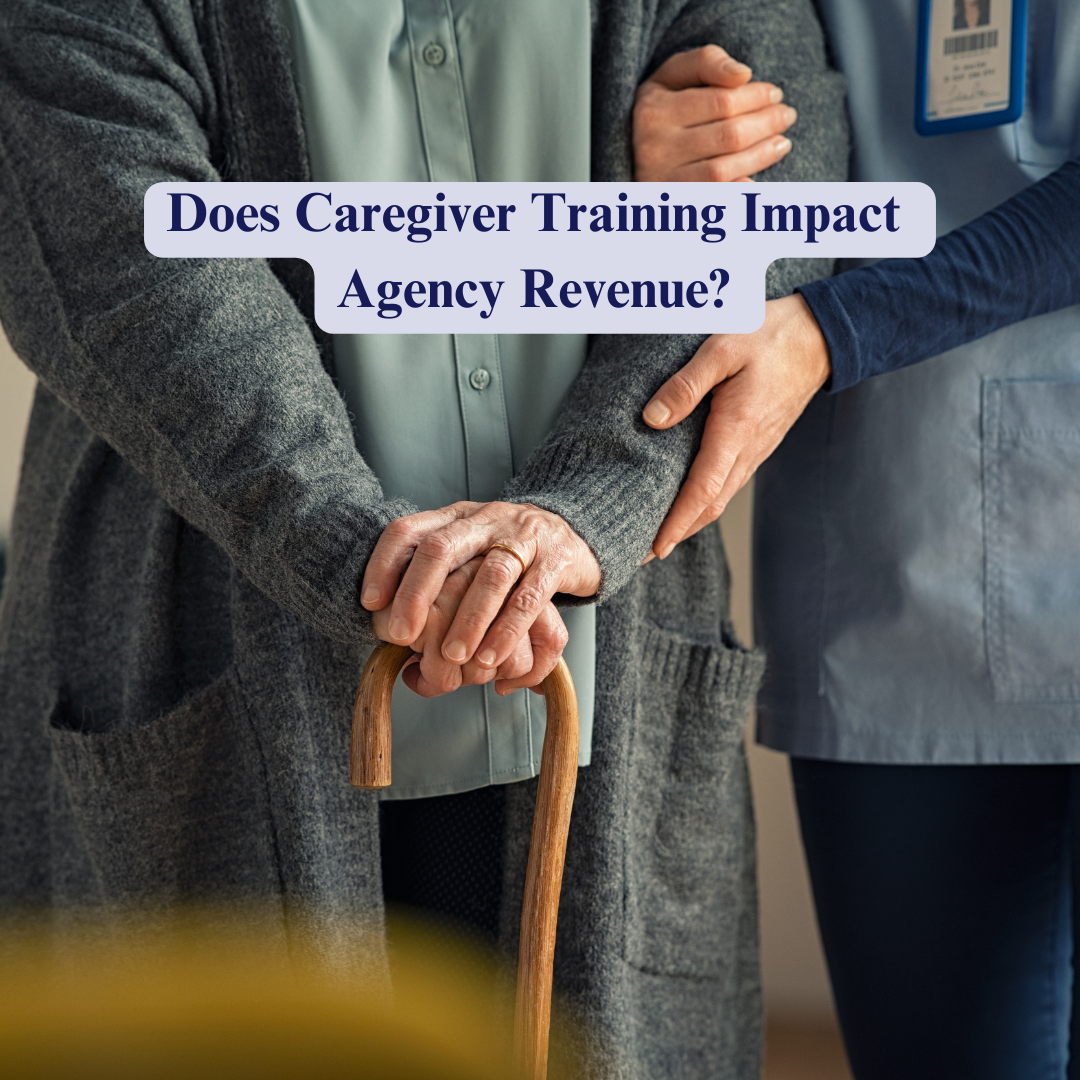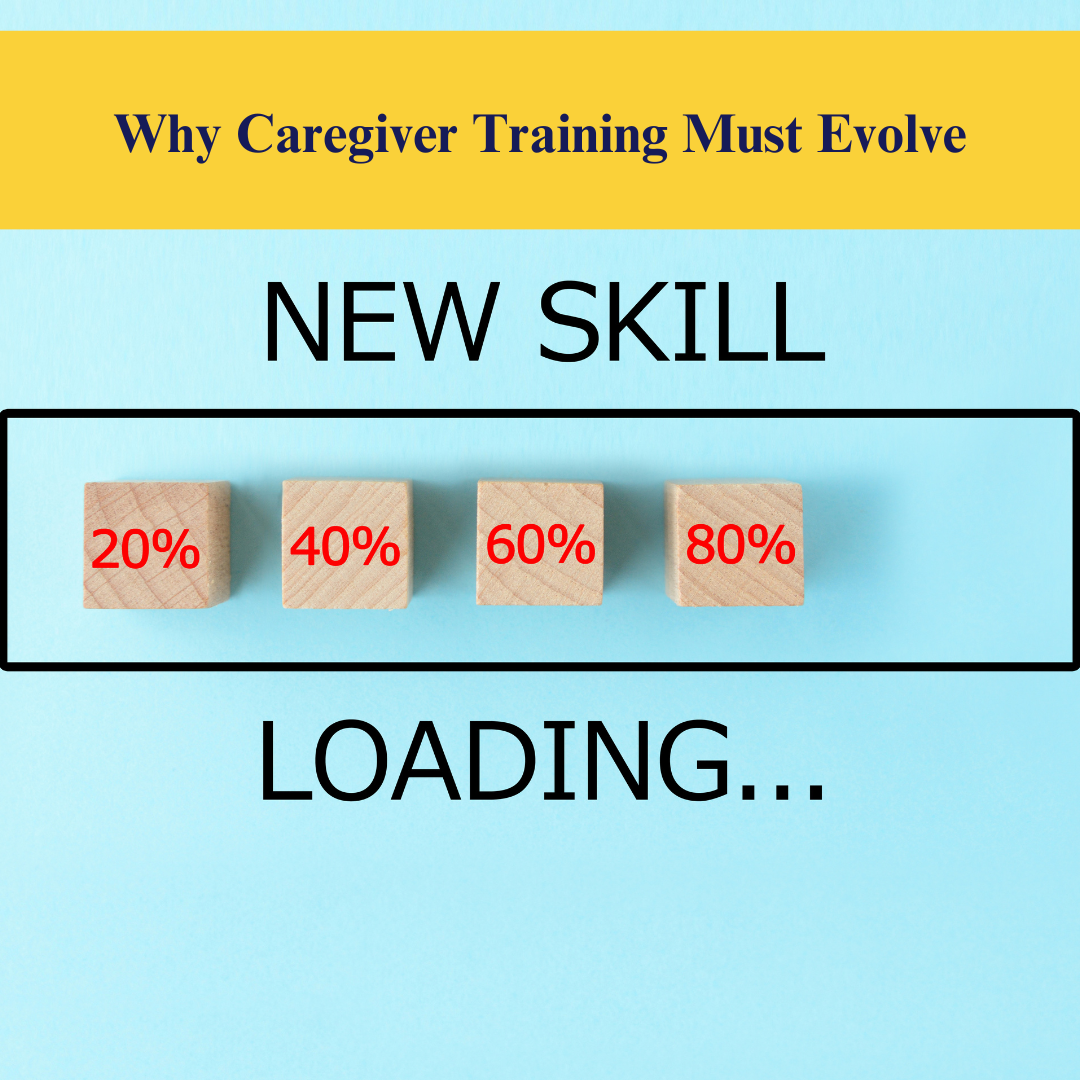
How Non-Medical Caregiver Training Improves Client Well-Being
How Non-Medical Caregiver Training Improves Client Well-Being

Top 5 Essential Skills That Every Caregiver Should Learn
Top 5 Essential Skills That Every Caregiver Should Learn

5 Rules for Keeping Home Care Clients Longer
Keeping clients is crucial for the success and sustainability of caregiving businesses. Client retention not only positively impacts your organization’s finances but also speaks volumes about your team’s skills, the quality of care provided, and the relationships built with clients. While certain events, like a client’s passing, may be inevitable, many other factors that influence client retention can be managed and improved.

5 Signs Your Caregiver Training Program Needs a Review
As the demand for quality caregiving grows, it’s crucial to ensure that your training programs are not just in place but also effective. Proper caregiver training is the backbone of providing excellent care and maintaining a thriving business. However, if the training process is outdated or insufficient, it can lead to serious problems that negatively impact both caregivers and clients—and ultimately, your business growth and revenue.

The Crucial Role of Caregiver Training in Ensuring Care Plans are Followed
When caring for clients, having a care plan in place is essential (and in states like Texas, it’s the law!). These plans serve as a guide to ensure that a person’s personal needs and daily care preferences are respected. However, simply having a care plan is not enough. Without proper training, even professional caregivers may struggle to implement the plan as intended.

How Does Caregiver Training Impact Client Longevity (And Agency Revenue)?
Ah, the dream! Every private duty home care business owner has it: that sweet fantasy of steady growth, predictable staffing, and a life of smooth, uninterrupted operations. Just imagine… sleeping through the night with not a care in the world—no frantic caregiver phone calls, no panicked clients. You casually stroll into the office in the morning, confident that the day will run like a well-oiled machine. New clients? Easy. You walk into new assessments with pride, confidently detailing your services and how you’ll deliver impeccable care. Financials? On point. You know exactly what to expect and when to expect it. When you get home? Kisses, cocktails, and well-behaved children mining Bitcoin.
Okay, maybe that last part is a little too far—but at the very least a vacation is on the table!
So how does one go about actually achieving this level of business owner’s bliss? It’s all about having a plan. And the most important part of that plan? Your caregivers. They are the face of your business, the heart of your operations, and the key to making your dream a reality.

Myth-Busting Aging in Place: How Home Care Agencies Play a Vital Role in Client Success
As a home care agency, you know that aging in place is a common goal for many clients. But you’ve probably encountered misconceptions about what aging in place really entails. Is it only about expensive home renovations? Does it only apply to older adults? Emilia Bourland, OTR, ECHM, CFPS and Brandy Archie, OTD, OTR/L, CLIPP, occupational therapists passionate about aging in place, have shed light on the real factors that help people stay in their homes. And guess what? Home care services are a vital part of the solution.

What is a “Lost Time Accident” and How Do LTA’s Affect YOUR Caregiving Business?
Lost time accidents (LTAs) happen when someone gets hurt on the job, causing a drop in productivity. Most industries, like manufacturing, track LTAs to understand how safety occurrences impact their organization. Caregiving organizations, though, have a unique twist— with LTAs, both the caregiver and the client can get hurt, which can lead to significant operational, financial, and even legal challenges.

How Agencies Lose Clients (And What Training Has To Do With It).
Losing clients is never good for caregiving businesses. While death is often an inevitable part of the caregiving process, losing clients for any reason has a substantial financial impact on the organization, and can point to deeper issues related caregiver training and readiness.

The Growing Demand for Specialized Senior Care: Why Caregiver Training Must Evolve
As senior care organizations compete in an increasingly crowded market, many are focusing on niche client groups to differentiate themselves. This might involve specializing in care for individuals with dementia, Parkinson’s disease, serious injuries, or stroke recovery. This strategy can indeed open doors to new clients, positioning these organizations as experts in handling complex needs.
However, this trend brings a critical challenge to the forefront: many caregivers simply don’t have the advanced skills necessary to meet the needs of these increasingly complex cases.
